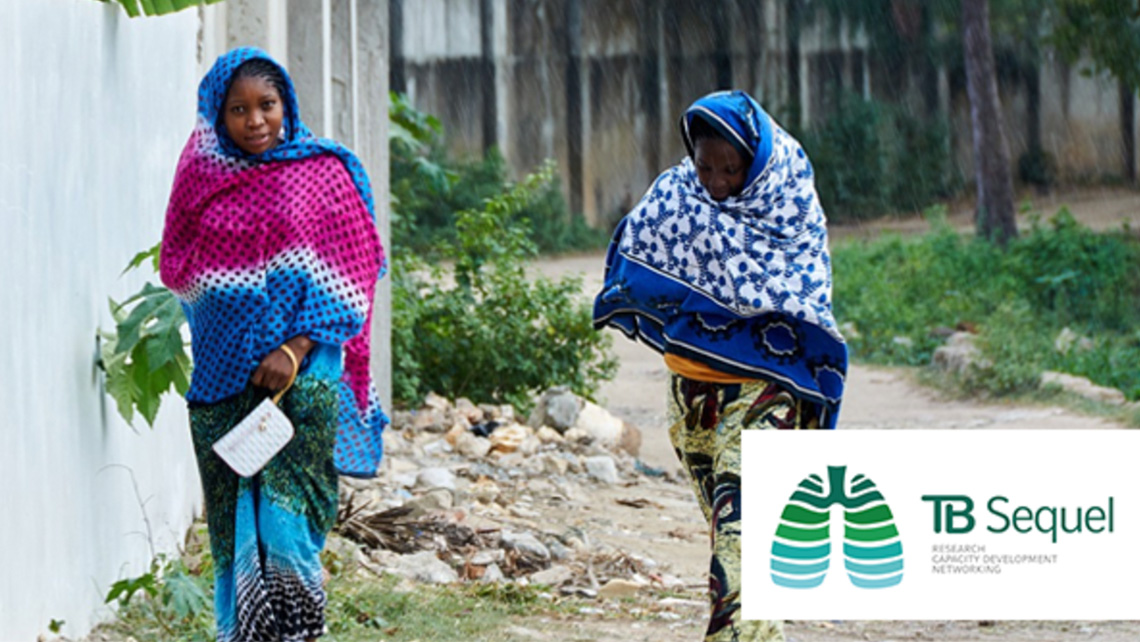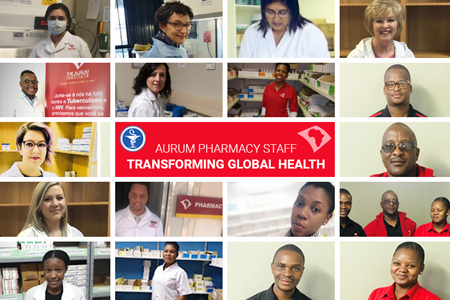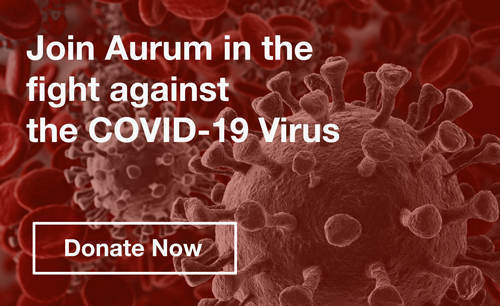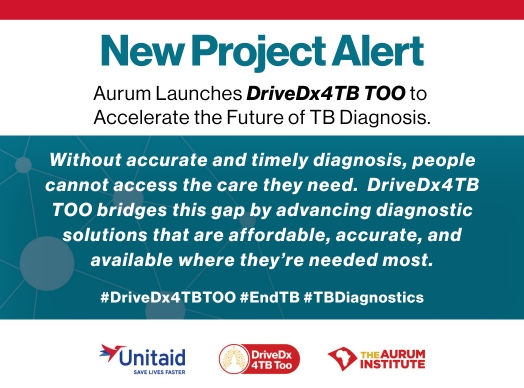The 2018 TB-Sequel Annual Meeting kicked off mid-July in Zanzibar with a jam-packed agenda.
The aim of this project is to advance the understanding of the clinical, microbiologic, and host immune factors affecting the long-term sequelae of pulmonary tuberculosis.
The core of this project is a prospective cohort of up to 1600 patients across four countries (Mozambique, Tanzania, South Africa, and The Gambia), enrolled at the time of TB diagnosis, and followed up for at least 2 years. We will aim to identify the most important factors that contribute to lung impairment after getting TB and being treated, which include the immunological response and genetic predisposition of the host (i.e. the TB patient) and differences in the biology of the pathogen (i.e. the TB organism). We will also attempt to determine the socio-economic consequences of TB to patients. This cohort is also an opportunity to test novel interventions, and we are going to determine whether adding N-acetyl cysteine (a drug used to treat hepatotoxicity from paracetamol poisoning) can restore and preserve overall health, well-being in patients with TB.
Patients will be enrolled over a period of 2 years after which follow-ups will be scheduled for each patient for at least another 2 years.
MEETING OVERVIEW:
The three-day meeting started on Wednesday with the opening and welcoming by Dr N Ntinginya from the NMRC Mbeya Clinical Trial site. The rest of the day was broken down into 4 (out of 5) Research Task discussions:
- The Cohort
- The Host
- The Pathogen
- Socio-Economics
Dr Christian Lienhardt ended the day with the keynote address on TB Sequel within the End – TB Strategy Landscape.
Day 2 began bright and early with a welcome and reflection on the previous day’s discussions, led by Prof G. Churchyard, after which Research Task 5 – NAC Study – concluded the Task discussions. The rest of the day was spent on issues regarding Networking and Policy Making, Capacity Development, Dissemination of Findings and other topics.
On Day 3, delegates could attend the optional plenary session, whereafter the rest of the day was spent on various Site Investigators and Coordinators Meetings regarding the four countries involved in the project (Mozambique, Tanzania, South Africa, and The Gambia). The event was concluded at 13:20 on Friday, 13 July, with lunch for all the delegates.














